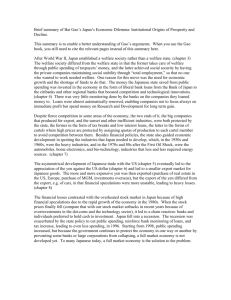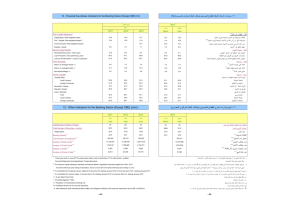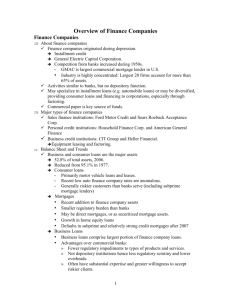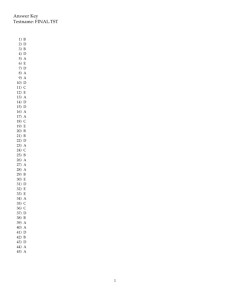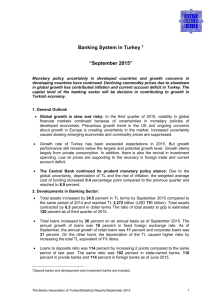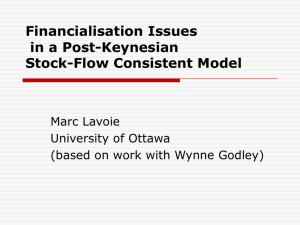JAPAN`S BANK BAILOUT: SOME SIMPLE ARITHMETIC
advertisement
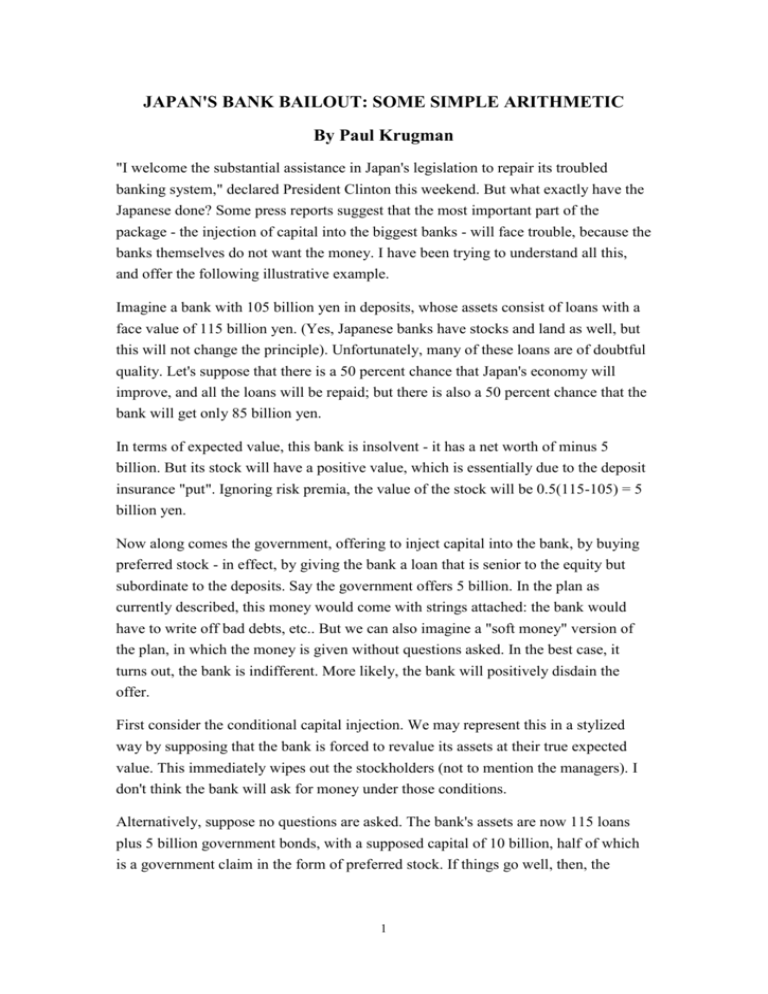
JAPAN'S BANK BAILOUT: SOME SIMPLE ARITHMETIC By Paul Krugman "I welcome the substantial assistance in Japan's legislation to repair its troubled banking system," declared President Clinton this weekend. But what exactly have the Japanese done? Some press reports suggest that the most important part of the package - the injection of capital into the biggest banks - will face trouble, because the banks themselves do not want the money. I have been trying to understand all this, and offer the following illustrative example. Imagine a bank with 105 billion yen in deposits, whose assets consist of loans with a face value of 115 billion yen. (Yes, Japanese banks have stocks and land as well, but this will not change the principle). Unfortunately, many of these loans are of doubtful quality. Let's suppose that there is a 50 percent chance that Japan's economy will improve, and all the loans will be repaid; but there is also a 50 percent chance that the bank will get only 85 billion yen. In terms of expected value, this bank is insolvent - it has a net worth of minus 5 billion. But its stock will have a positive value, which is essentially due to the deposit insurance "put". Ignoring risk premia, the value of the stock will be 0.5(115-105) = 5 billion yen. Now along comes the government, offering to inject capital into the bank, by buying preferred stock - in effect, by giving the bank a loan that is senior to the equity but subordinate to the deposits. Say the government offers 5 billion. In the plan as currently described, this money would come with strings attached: the bank would have to write off bad debts, etc.. But we can also imagine a "soft money" version of the plan, in which the money is given without questions asked. In the best case, it turns out, the bank is indifferent. More likely, the bank will positively disdain the offer. First consider the conditional capital injection. We may represent this in a stylized way by supposing that the bank is forced to revalue its assets at their true expected value. This immediately wipes out the stockholders (not to mention the managers). I don't think the bank will ask for money under those conditions. Alternatively, suppose no questions are asked. The bank's assets are now 115 loans plus 5 billion government bonds, with a supposed capital of 10 billion, half of which is a government claim in the form of preferred stock. If things go well, then, the 1 original owners will receive 10 billion (120 - 110). If they go badly, as before, the owners get nothing. So their expected payoff is unchanged. Notice, incidentally, that if the government bought common stock rather than preferred, the return to the original shareholders would actually be reduced (to 3.75). The basic logic here is the essential theorem of financial moral hazard: if you can borrow money without regard for risk - which is what deposit insurance does - you want to maximize leverage and hence minimize capital. So there doesn't seem to be any reason why Japan's big banks, which surely are either underwater or close to it if their assets were marked to market, would accept the government's offer without coercion. Finally, suppose that the government were in fact to simply give this bank money, say by buying off some of its questionable loans at par. Would this make the bank more willing to lend? On the contrary: If the logic of moral hazard applies - and the unwillingness of the banks to accept capital injections suggests that it does - better capitalized banks will be less willing to make risky loans, because they will care more about the left tail of the distribution of returns. Strange, isn't it? The Japanese bank bailout is supposedly the key to the recovery of Japan's economy, which is supposedly the key to recovery in Asia; optimism sparked by that bailout has fueled a definite improvement in the mood in the whole region. Yet a simple example suggests that the rescue program is likely to end in farce, as banks decline to be rescued; and that if somehow the Japanese government finds the will to force the banks to take money anyway, it will actually be counterproductive. Please tell me that I am missing something. 2
